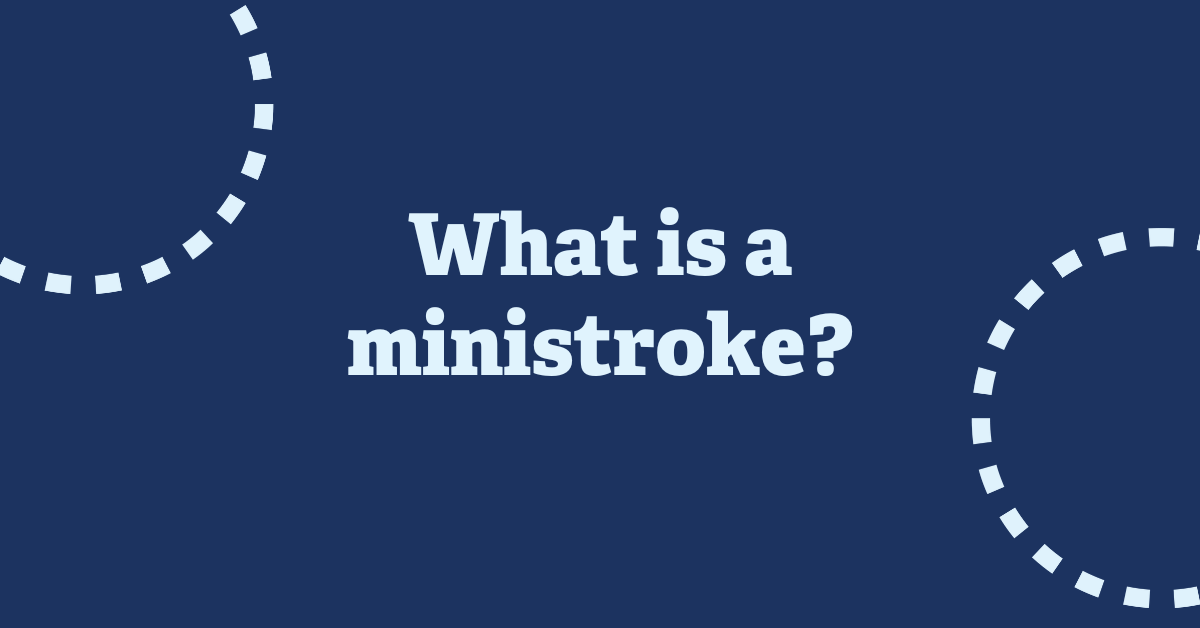
Ministroke and 9 Early Signs of a Stroke
What is a Ministroke?
A ‘ministroke’ is precisely what it sounds like: a small stroke-like event — but it’s something that can have enormous implications.
A ministroke is a transient ischemic attack (TIA) where blood flow to part of the brain is temporarily disrupted, usually for less than 5 minutes, before returning on its own. While these types of strokes do not typically cause permanent damage, the statistics show it is a telling sign that a person is at risk of a major stroke.
- Approximately 15% of stroke patients had a ministroke first.
- 7 – 40% of patients treated for a blockage-related stroke (ischemic) report experiencing a TIA first.
- About 1/3 of people who have a TIA go on to have a more severe stroke within one year.
9 Early Signs of a Stroke in Seniors
But a ministroke isn’t the only sign you may be at risk of having a stroke.
Also, keep an eye out for:
- Numbness: Be on the lookout for sudden numbness in the face, hands, feet, arms, or legs. It can also feel like a tingling sensation and cause all loss of feeling in that body part. Be aware that a stroke can cause numbness on one side of the body while the other side has full feeling and remains functional.
- Confusion: Being unable to understand what is happening, losing the ability to think clearly, having difficulty remembering things, focusing, or making decisions.
- Difficulty understanding: Having trouble comprehending speech, language, numbers, or not following along with conversations. Any drastic, quick change in cognitive behavior is a red flag.
- Severe headache: A sudden, severe headache without any known cause occurring in people with no personal history of headaches. Light sensitivity is one sign of a severe headache.
- Loss of balance and coordination: Difficult standing, walking or any sudden overall mobility issues.
- Dizziness: Suddenly feeling faint, lightheaded or like the room is spinning is a sign that a stroke may occur.
- Vision changes: Blurred vision or trouble with eyesight in one or both eyes. Reading becoming difficult is a warning sign.
- Trouble speaking: Sudden inability to speak, having slurred or incoherent speech, or misusing words.
- Weakness: A lack of strength in the face, arms or legs — this could be on just one side of the body.
